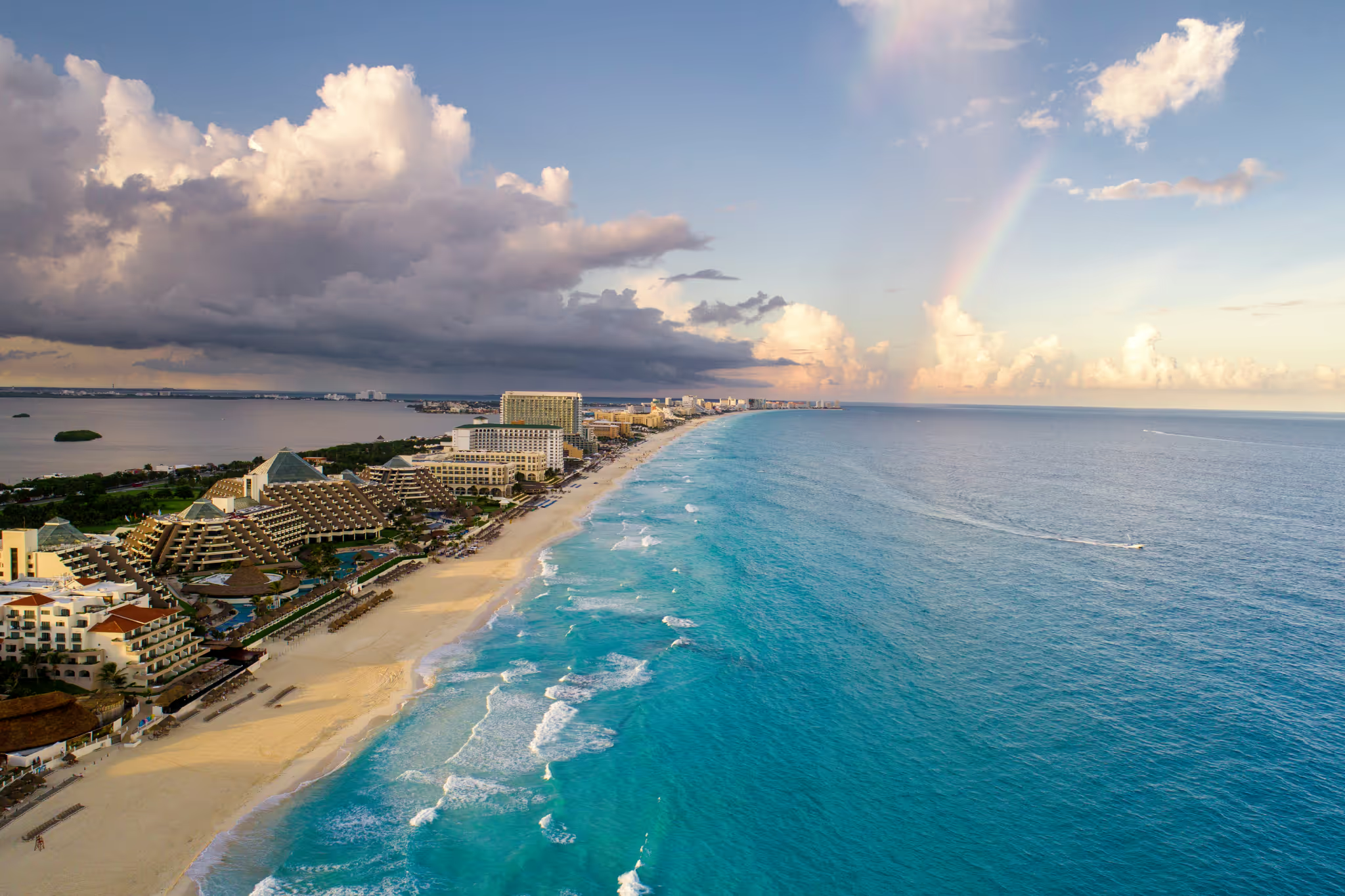Keeper of the Flame: Remembering Tim Cook

Historian Tim Cook at Vimy Ridge/King’s University College
By Colin Robertson
November 10, 2025
Missing from this year’s Remembrance Day coverage will be the erudite commentary of Tim Cook, chief historian at the Canadian War Museum and author of nineteen books, who passed away on October 26 at the age of 53.
I did not know Tim Cook well but I read and admired his work on Canada at war. Over the past two decades, his writings and speeches on the First and Second World Wars have reframed how Canadians see themselves by putting war and memory into the perspective of nation-building.
Cook wrote from the ground up drawing from his deep research in soldiers’ diaries, letters, and oral memories. His first memorable histories, At the Sharp End: Canadians Fighting the Great War, 1914–1916 (2007) and Shock Troops: Canadians Fighting the Great War, 1917–1918 (2008), form a comprehensive account of the Canadian Expeditionary Force in the trenches.
In Cook’s stories, our soldiers endure the mud of the Somme, the shattered woods of Passchendaele, the poisoned air of Ypres. He weaves together tactical detail and psychological texture. The reader comes to understand not only how the Canadians fought but what it felt like to endure the daily arithmetic of survival.
Cook’s Vimy: The Battle and the Legend (2017) examines how that April 1917 victory on a French ridge became the centerpiece of Canadian nationhood. The battle’s military success was real, but its mythic power was constructed later, through commemoration and education.
Cook neither debunks the myth nor accepts it uncritically. Instead, he explains why Canadians needed such a myth after 1918 — to make sense of the slaughter, to create unity across language and region, to give purpose to grief. “The story of Vimy,” Cook argues, “is as much about what Canadians chose to remember as about what actually happened on the battlefield.”
Cook’s two-volume chronicle of the Second World War, The Necessary War: Canadians Fighting the Second World War, 1939–1943 (2014) and Fight to the Finish: Canadians in the Second World War, 1944–1945 (2015), are massive, magisterial works, combining operational history with social and political analysis.
Cook writes of “the necessary war,” echoing the moral gravity of the time: a conflict fought to defend democracy and the liberal order. Canada entered the war, Cook reminds readers, “not because it was forced to, but because it believed it should.”
Cook shows how Canada’s war effort was shaped by politics as much as strategy: by Prime Minister William Lyon Mackenzie King’s cautious leadership, by Quebec’s ambivalence toward conscription, and by the competing demands of allies. His chapters on the home front — industry, propaganda, and the moral dilemmas of total war — link trench and factory, battle and bureaucracy.
By the war’s end, writes Cook, Canada was “a middle power with a mighty reputation,” but also a country marked by loss and exhaustion. The war had built the industrial state and redefined Canada’s role in the world.
Central to Cook’s histories are the experience and memory of war: what it did to those who fought, to those who waited, and to the nation that emerged from it.
I last spoke to Cook in September, at a reception at the British High Commission residence for the nominees for this year’s Shaughnessy Cohen Prize for Political Writing. Cook was a finalist in 2011 for The Madman and the Butcher: The Sensational Wars of Sam Hughes and General Arthur Currie.
We spoke about his most recent book, The Good Allies: How Canada and the United States Fought Together to Defeat Fascism During the Second World War (2024), reviewed for Policy by Anthony Wilson-Smith.
In this study of wartime cooperation and portrait of Canada’s coming of age, Cook asks, simultaneously, how Canadians and Americans learned to coordinate strategy, to merge production and logistics, and to fight together on distant shores — and what that process did to Canadian nationhood.
For a wary Mackenzie King, protective of Canadian autonomy, it was another test of Canadian independence. King wrote in his diary of his acute unease: “The secret aim of every American leader … is to dominate Canada and ultimately to possess the country.”
The Canadian contribution was vital in defending North America: 1.1 million Canadians in uniform, fighting overseas in multiple theatres of war, on the oceans, in the air, but also defending North America, and the manufacturing of hundreds of thousands of machine guns, 16,000 aircraft, 850,000 trucks, 1,140 warships and submarines.
The wars created institutions — the Department of Veterans Affairs, the national income tax system, the expansion of the welfare state — that endured long after the guns fell silent. Postwar Canada — the peacekeeping nation of Pearson — was born from the administrative and moral lessons of war.
For Cook, “Canada carved out its own future, working with the Americans at times and constraining them at others — protecting itself while remaining a good ally.”
From today’s vantage point Cook’s account of “bleeding together” reminds us that enduring partnerships are built as much in shipyards and factories as in summit rooms. With Canada again being pressed on defence spending, industrial capacity, Arctic security and continental defence, King’s balancing act is instructive.
Central to Cook’s histories are the experience and memory of war: what it did to those who fought, to those who waited, and to the nation that emerged from it. Cook neither glorifies nor condemns war. Instead, he restores moral ambiguity to the battlefield. For him, soldiers are citizens in uniform — frightened, courageous, sometimes skeptical, but always real. Courage is less romantic than grimly pragmatic — a product of duty, fear, and the enforced camaraderie of men under fire.
Tim Cook believed profoundly in the importance of telling our stories. For Cook, the enduring question is not merely how Canadians fought, but how their sacrifice is remembered and immortalized in the digital age. “I know Canadians…want their history”, he told Paul Wells last year: “It’s the stuff that keeps us together. It’s the glue that binds a country together.”
Cook will always be remembered for how well he told our stories, and how well he helped bind the country together — past, present, and future.
Contributing Writer Colin Robertson, a former career diplomat, is a fellow and host of the Global Exchange podcast with the Canadian Global Affairs Institute in Ottawa.





